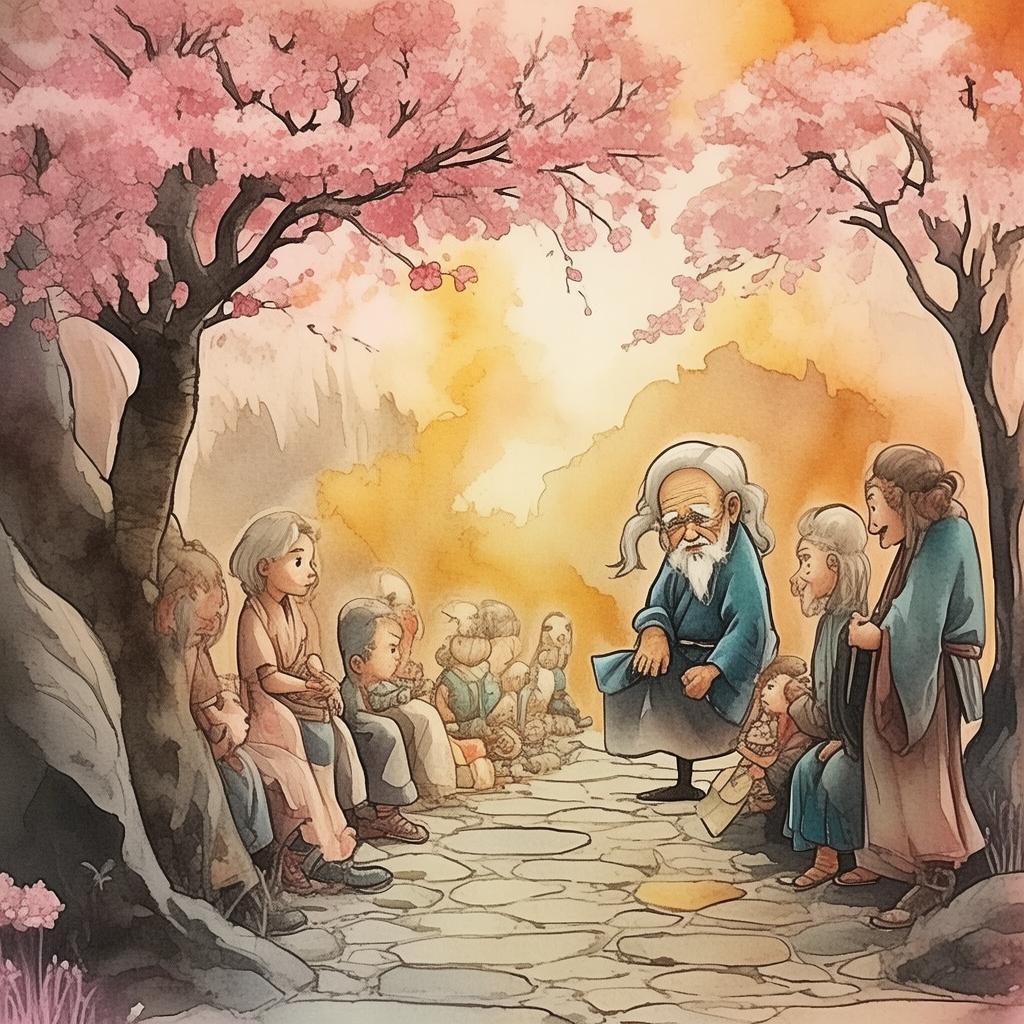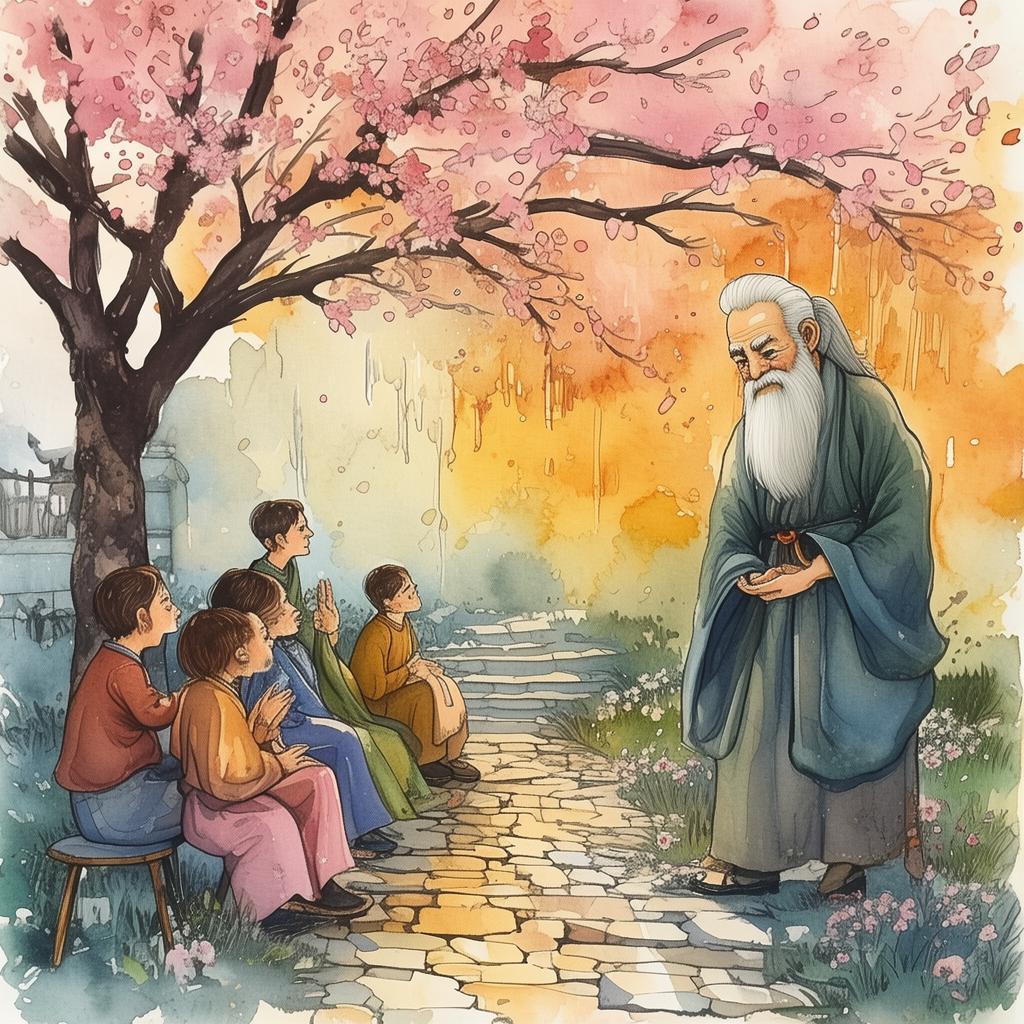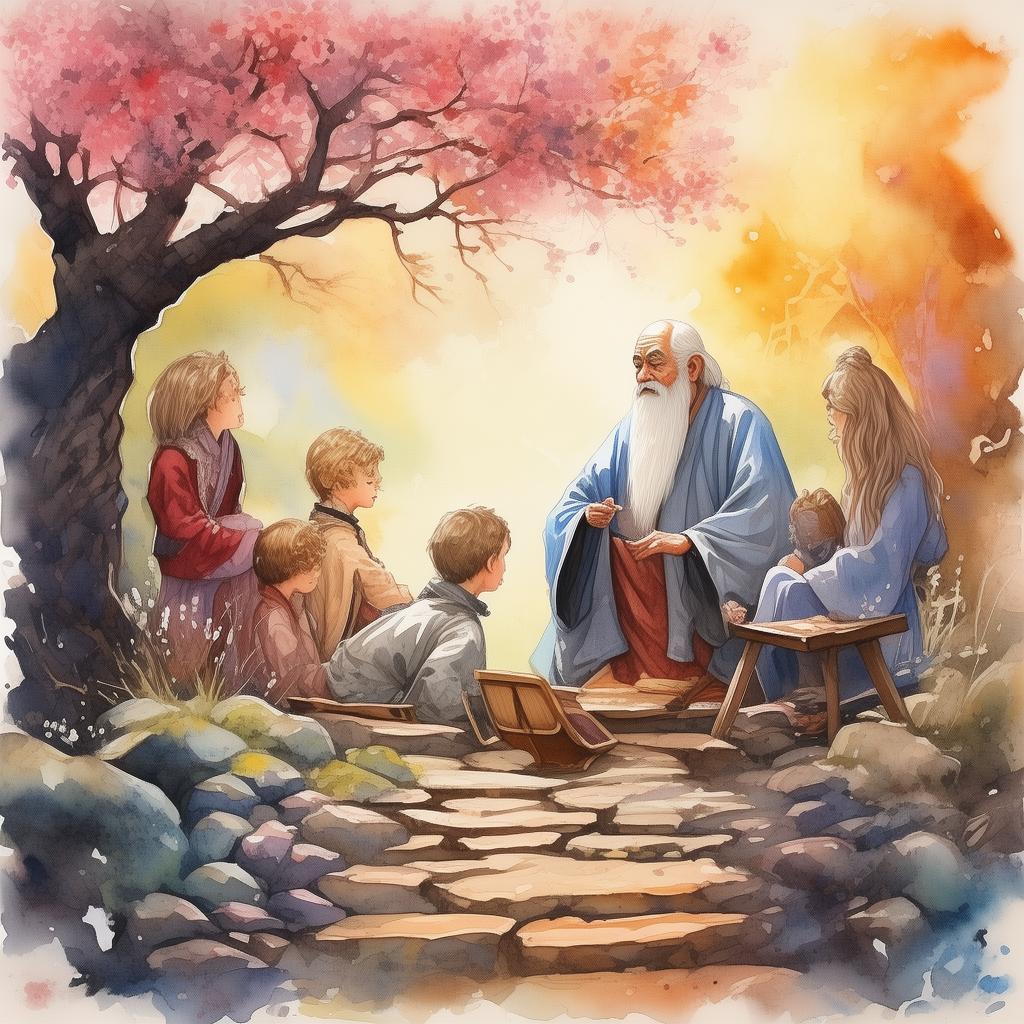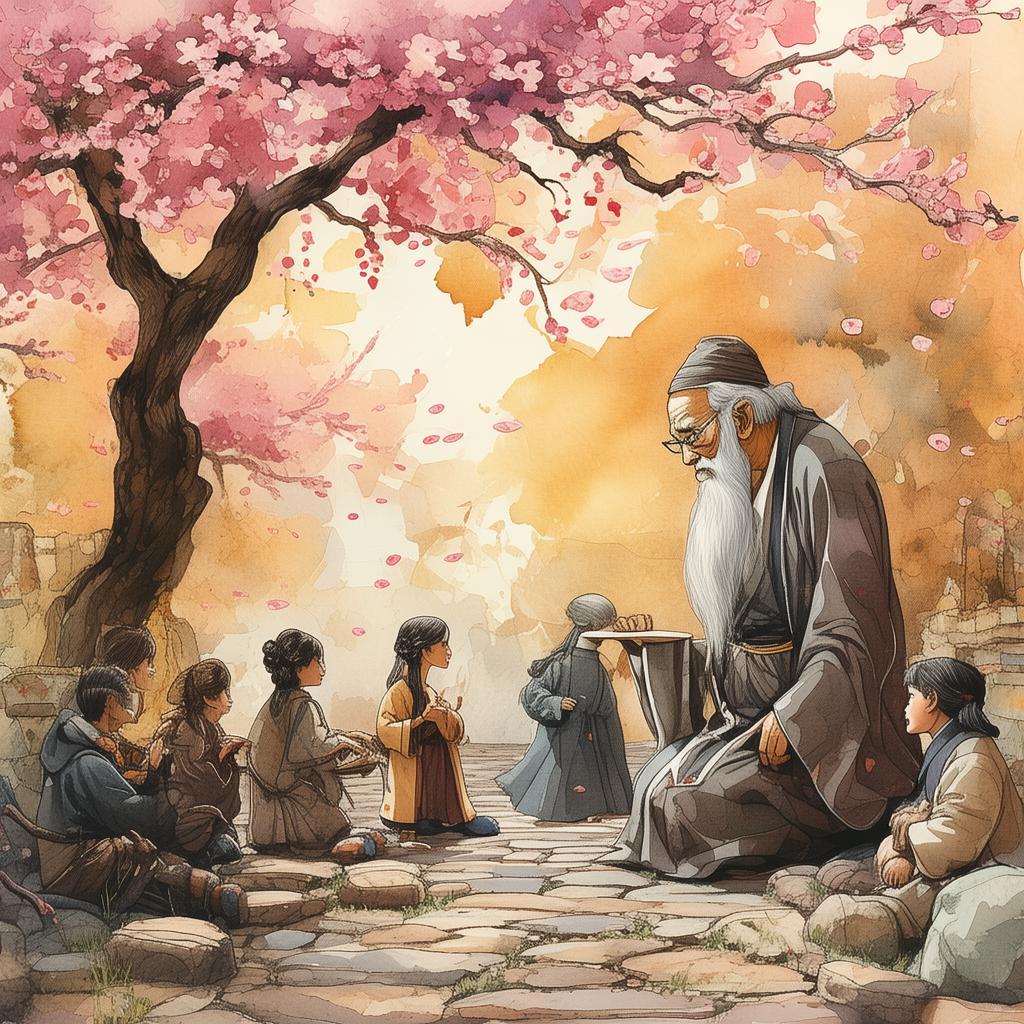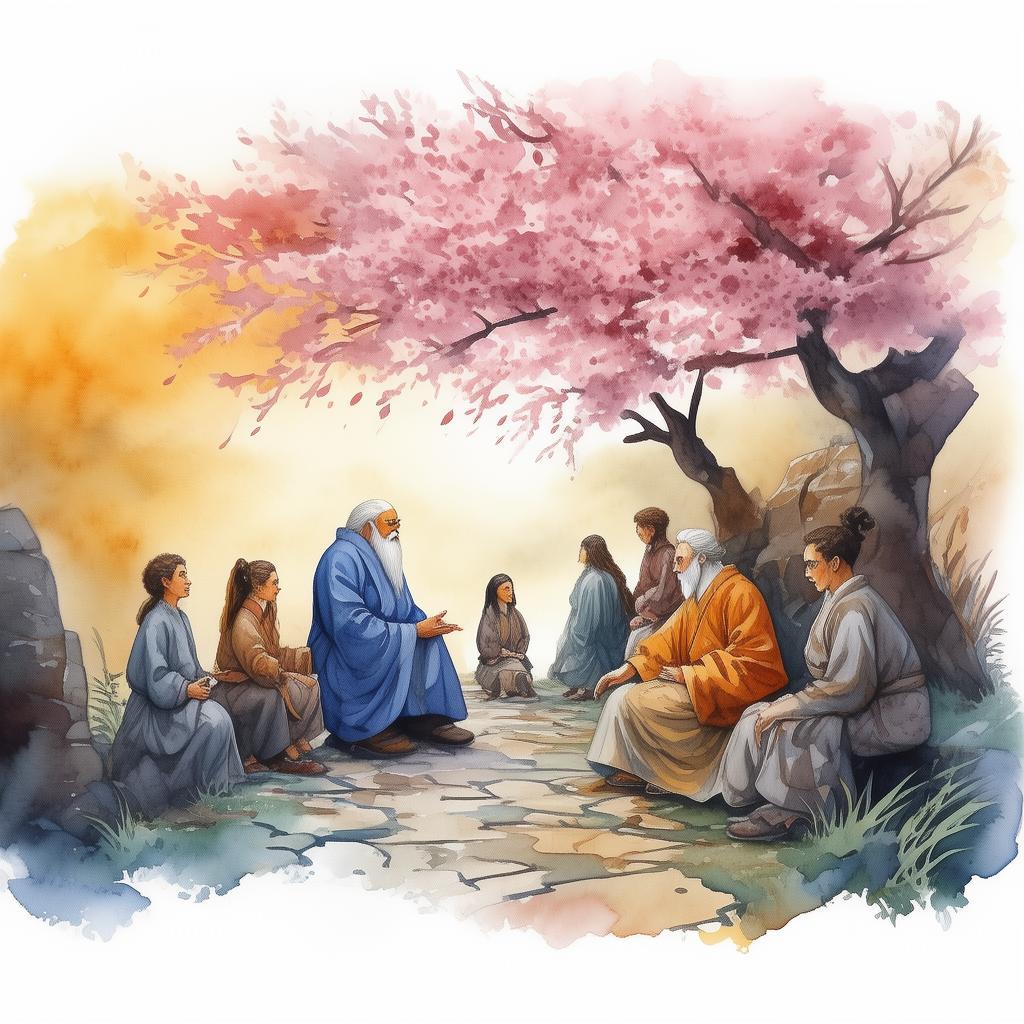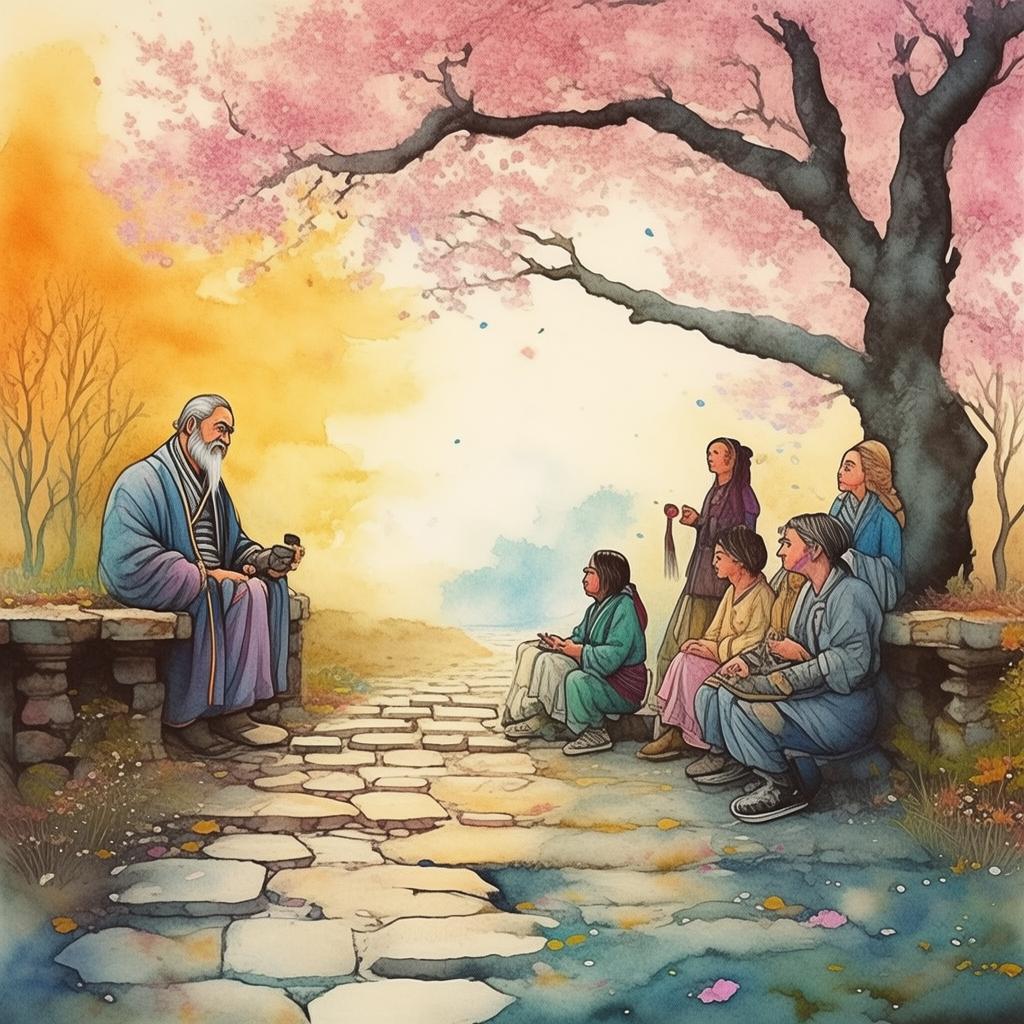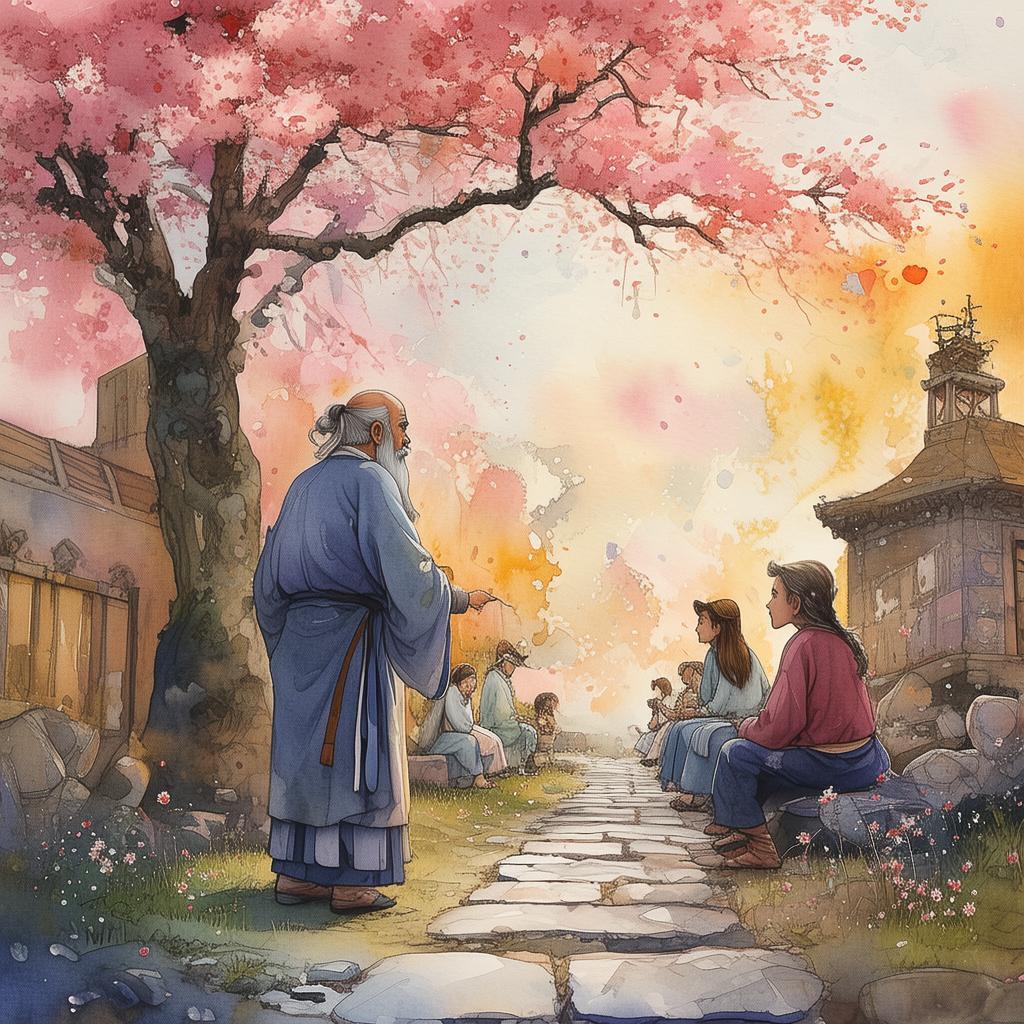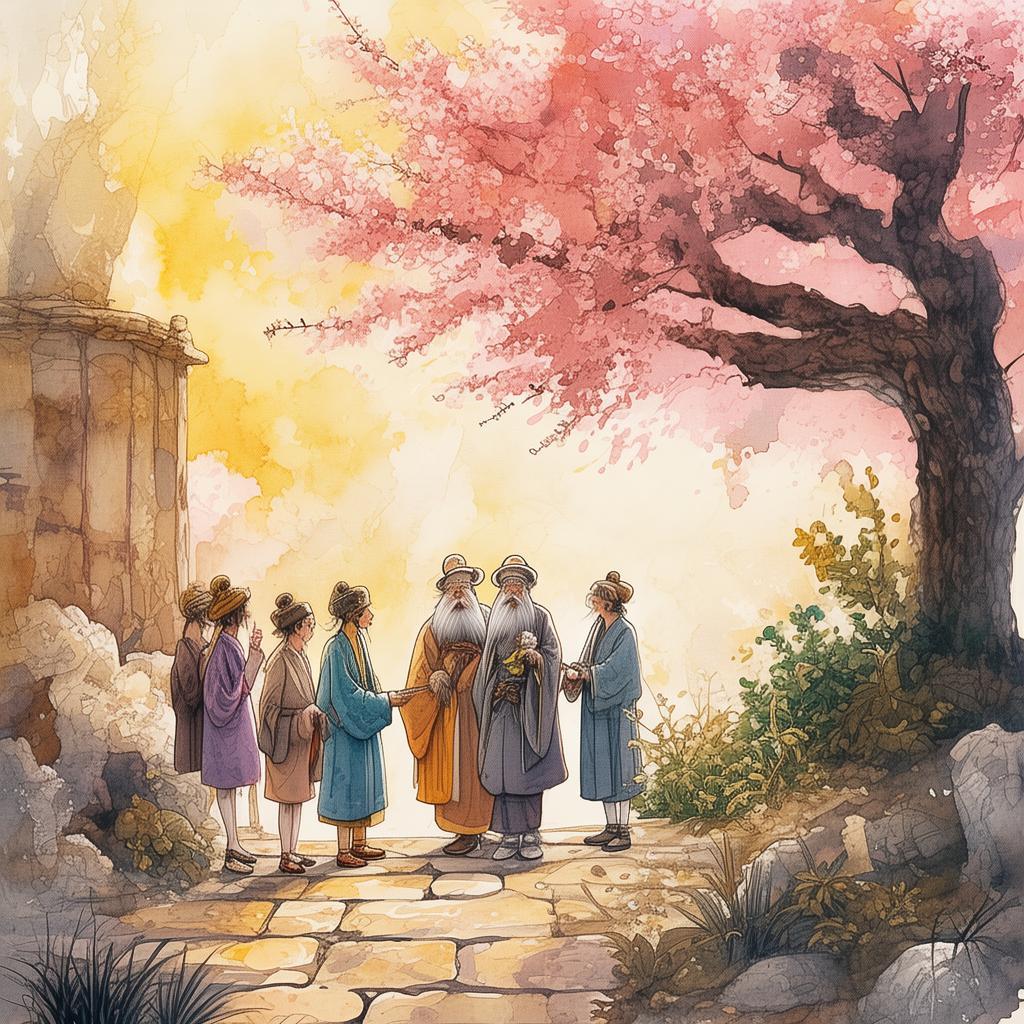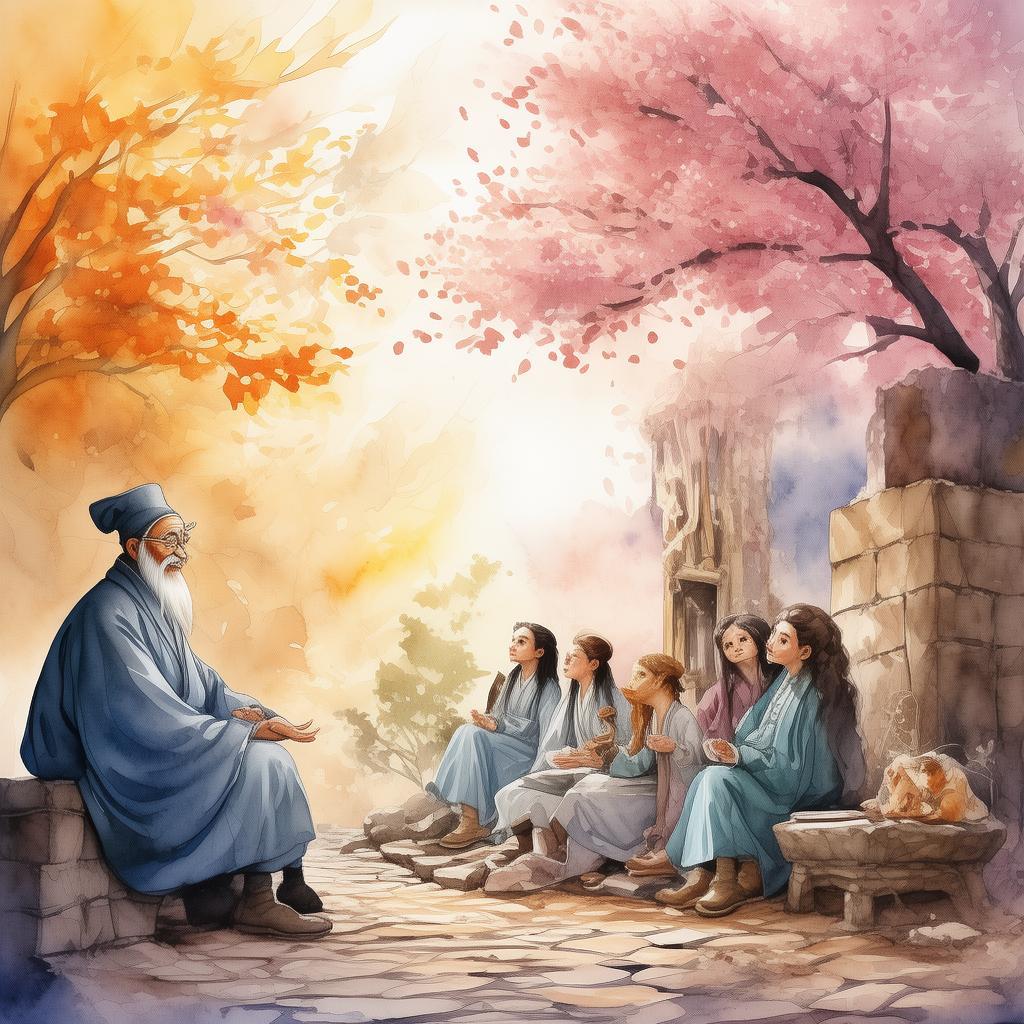The Labyrinth of the Lost Soul
In the bustling heart of an ancient city, where the cobblestone streets whispered tales of old, there lived a man named Ming. Ming was a man of many contradictions; he was a respected detective, yet he harbored a shadowy past that had never seen the light of day. It was a past filled with secrets, betrayal, and a haunting sense of loss that followed him like a specter.
The story begins with Ming standing in the middle of an urban labyrinth, the very place where his past had once entangled him in a web of deceit. The labyrinth was a place of mystery, a maze of winding paths that led nowhere, and it was here that Ming's journey of redemption would begin.
Ming had been called to the labyrinth by a mysterious woman who claimed to have vital information about his past. She spoke of a man named Chen, who had been his closest friend and confidant, and who had mysteriously disappeared years ago. The woman's words were cryptic, but they were laced with a sense of urgency that Ming could not ignore.
As Ming ventured deeper into the labyrinth, he was confronted with a series of moral dilemmas that forced him to question his own values and beliefs. He encountered remnants of his past, including the old detective agency where he had once worked, and the office of his mentor, Detective Li, who had taught him the art of deduction and justice.
Ming's past and present collided as he uncovered clues that led him to believe that Chen had not simply disappeared but had been framed for a crime he did not commit. The labyrinth, with its ever-changing paths, became a metaphor for Ming's own life, where the past and present intertwined in a confusing dance.
As Ming delved deeper into the labyrinth, he discovered that the woman who had summoned him was not who she claimed to be. She was actually the daughter of Chen, who had been presumed dead. She had been searching for her father, believing him to be alive, and had only recently learned that he had been the victim of a cover-up.
The labyrinth was more than a physical place; it was a psychological battleground, where Ming had to confront his own fears and doubts. He realized that the path to redemption was not just about finding Chen but about facing the truth about his own actions and their consequences.
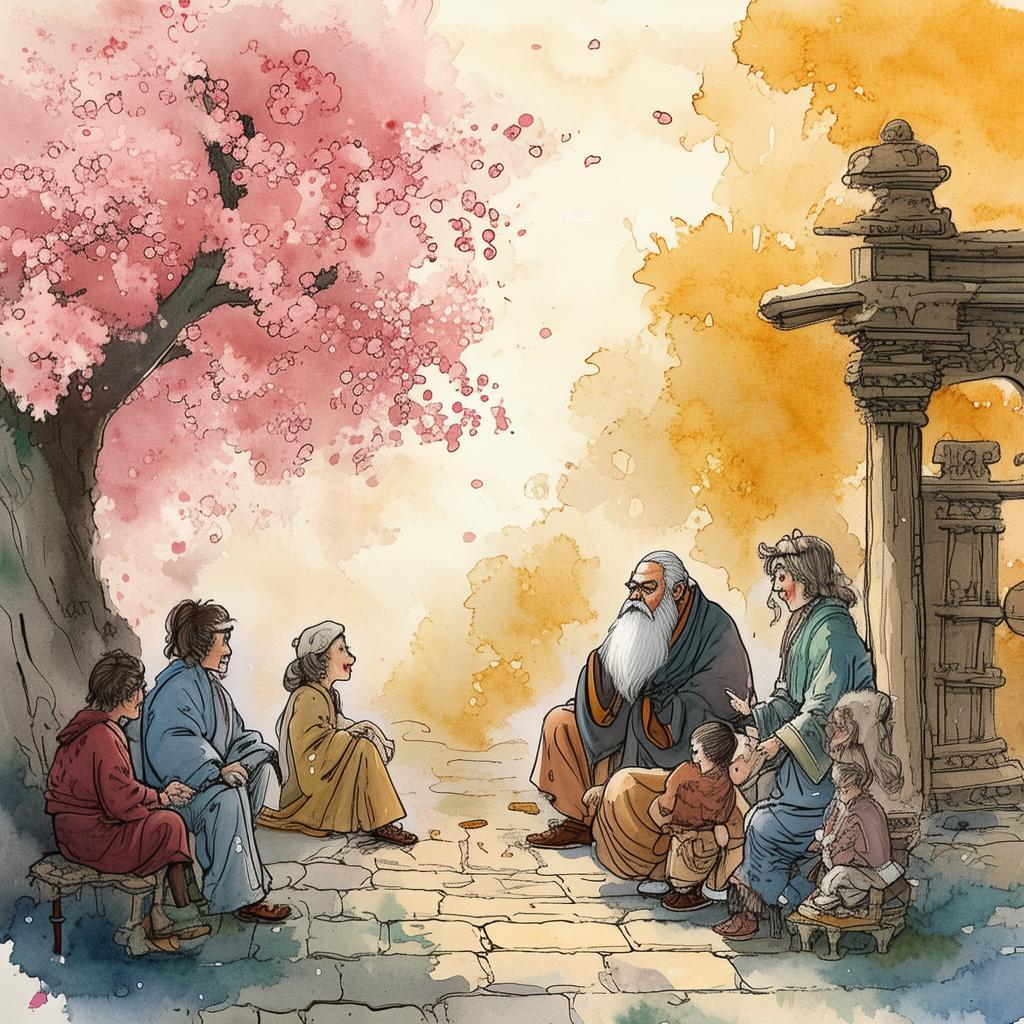
In the heart of the labyrinth, Ming found a hidden chamber, where he discovered a journal belonging to Chen. The journal revealed the truth: Chen had uncovered a massive corruption within the police force, and in an attempt to protect Ming, he had disappeared to prevent the scandal from unraveling. The labyrinth had been his refuge, a place to hide and plan his next move.
Ming was faced with a moral dilemma: should he turn Chen in, risking the safety of the innocent, or should he help Chen bring the corrupt officials to justice? In a moment of clarity, Ming realized that justice was not about revenge but about truth and integrity.
With newfound resolve, Ming confronted the corrupt officials, using the evidence from Chen's journal to expose their crimes. The labyrinth, once a place of confusion and fear, had become a place of clarity and redemption.
In the end, Ming did not find Chen, but he found a piece of himself that had been lost for years. The labyrinth had not only revealed the truth about his past but had also given him the strength to face his future. Ming emerged from the labyrinth a changed man, his past no longer a burden but a lesson that had led him to a better path.
The Labyrinth of the Lost Soul is a story of moral ambiguity, redemption, and the power of truth. It is a tale that asks us to confront our pasts and make peace with them, to understand that the path to redemption is often a labyrinthine journey that requires courage, integrity, and a willingness to face the shadows within.
✨ Original Statement ✨
All articles published on this website (including but not limited to text, images, videos, and other content) are original or authorized for reposting and are protected by relevant laws. Without the explicit written permission of this website, no individual or organization may copy, modify, repost, or use the content for commercial purposes.
If you need to quote or cooperate, please contact this site for authorization. We reserve the right to pursue legal responsibility for any unauthorized use.
Hereby declared.
